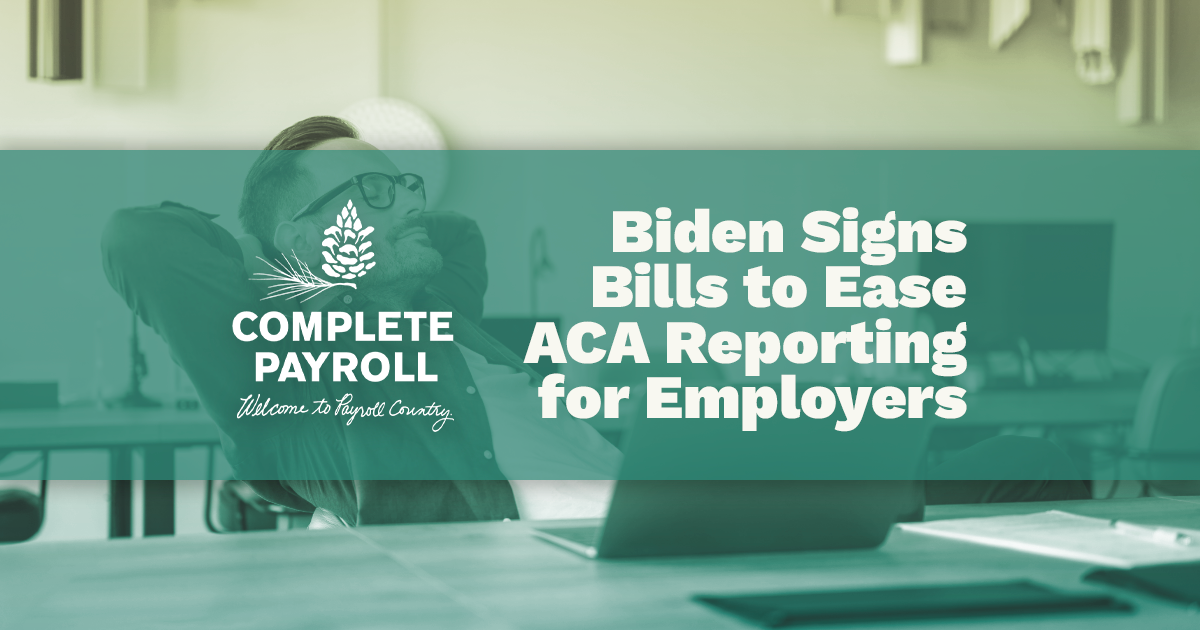Federal Executive Exemption
Overview of Law
To be properly qualified as exempt an executive employee must pass three tests: They must perform certain specific duties, they must be paid the minimum salary for exempt employees as designated by the Department of Labor, and they must be paid on a salary basis, meaning they’ll make the same amount every week regardless of how many hours they work, or the quantity or quality of their work.
Executive Employee Duties Test
- Primary duty is the management of an enterprise in which the person is employed or a customarily recognized department or subdivision; and
- Customarily and regularly directs the work of two or more full-time employees (or equivalent); and
- Has authority to hire, fire, or promote other employees or effectively recommend similar actions
Executive Management Behaviors
- Interviewing, selecting, and training employees
- Setting and adjusting their rates of pay and hours of work
- Planning and directing the work of employees
- Appraising employees' productivity and efficiency
- Handling employee complaints and grievances
- Disciplining employees
Business Owners
A person – whether they are called a business owner or employee – who owns at least a bona fide 20% equity interest in the company, regardless of the type of business organization, and who is actively engaged in its management, is considered a bona fide exempt executive.
The Fair Labor Standards Act (FLSA) establishes minimum wage, overtime pay, recordkeeping, and youth employment standards affecting employees in the private sector and in Federal, State, and local governments. Read the basic requirements of the FLSA here.
Got a labor law question?
Our team helps employers with labor law compliance every day. Complete the form below to ask a question or request some help.
General Disclaimer
The materials and information available at this website and included in this blog are for informational purposes only, are not intended for the purpose of providing legal advice, and may not be relied upon as legal advice. The employees of Complete Payroll are not


















